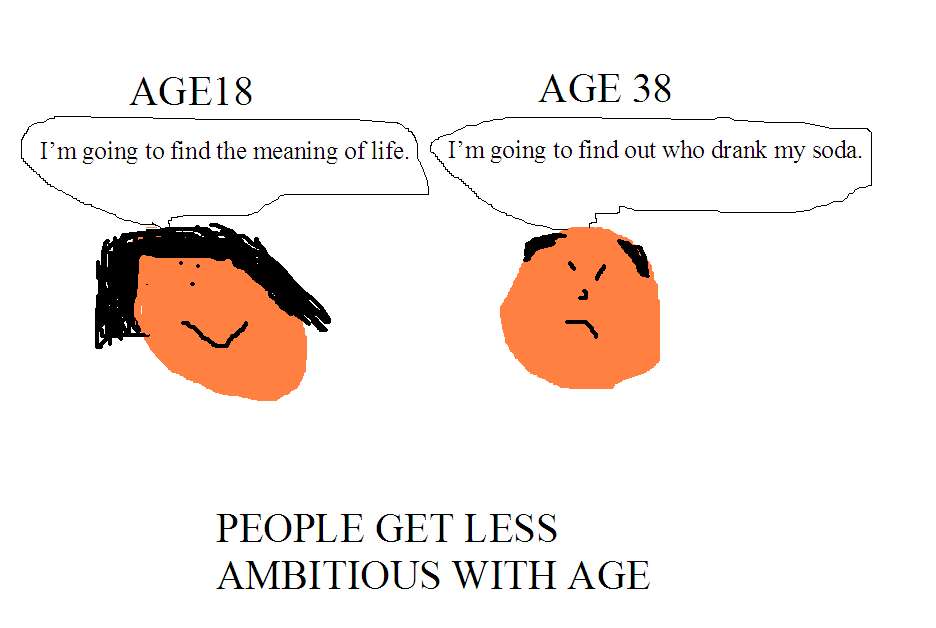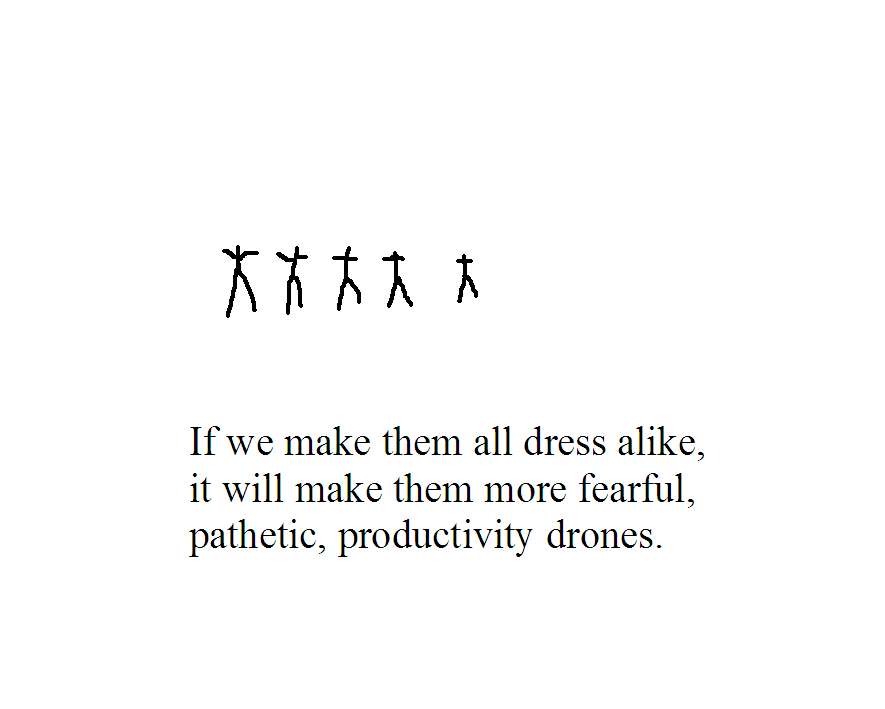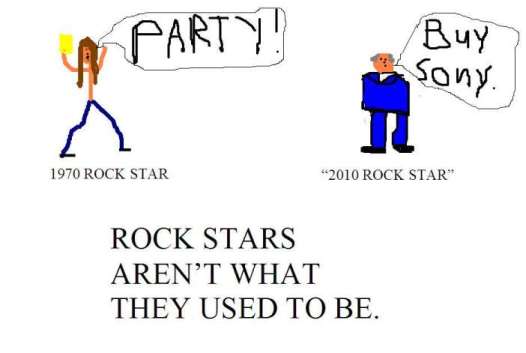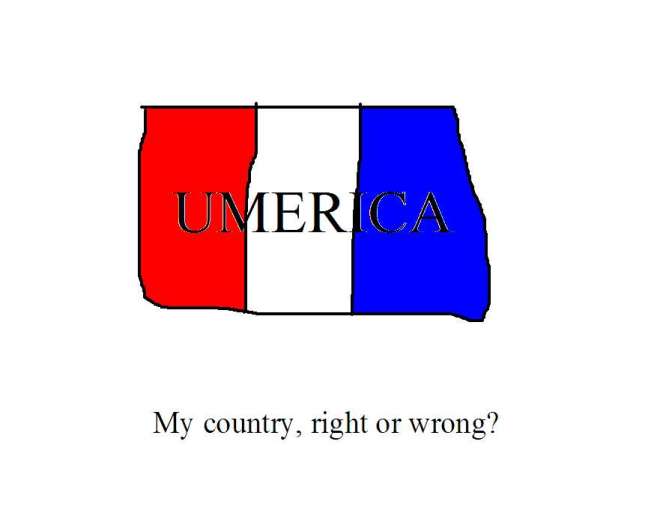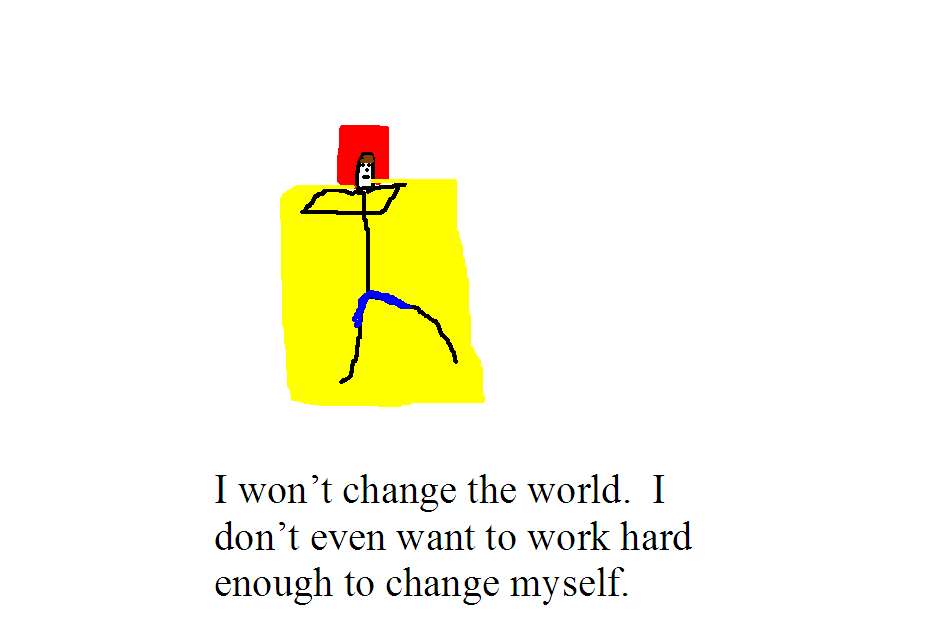Sometimes I'm serious.
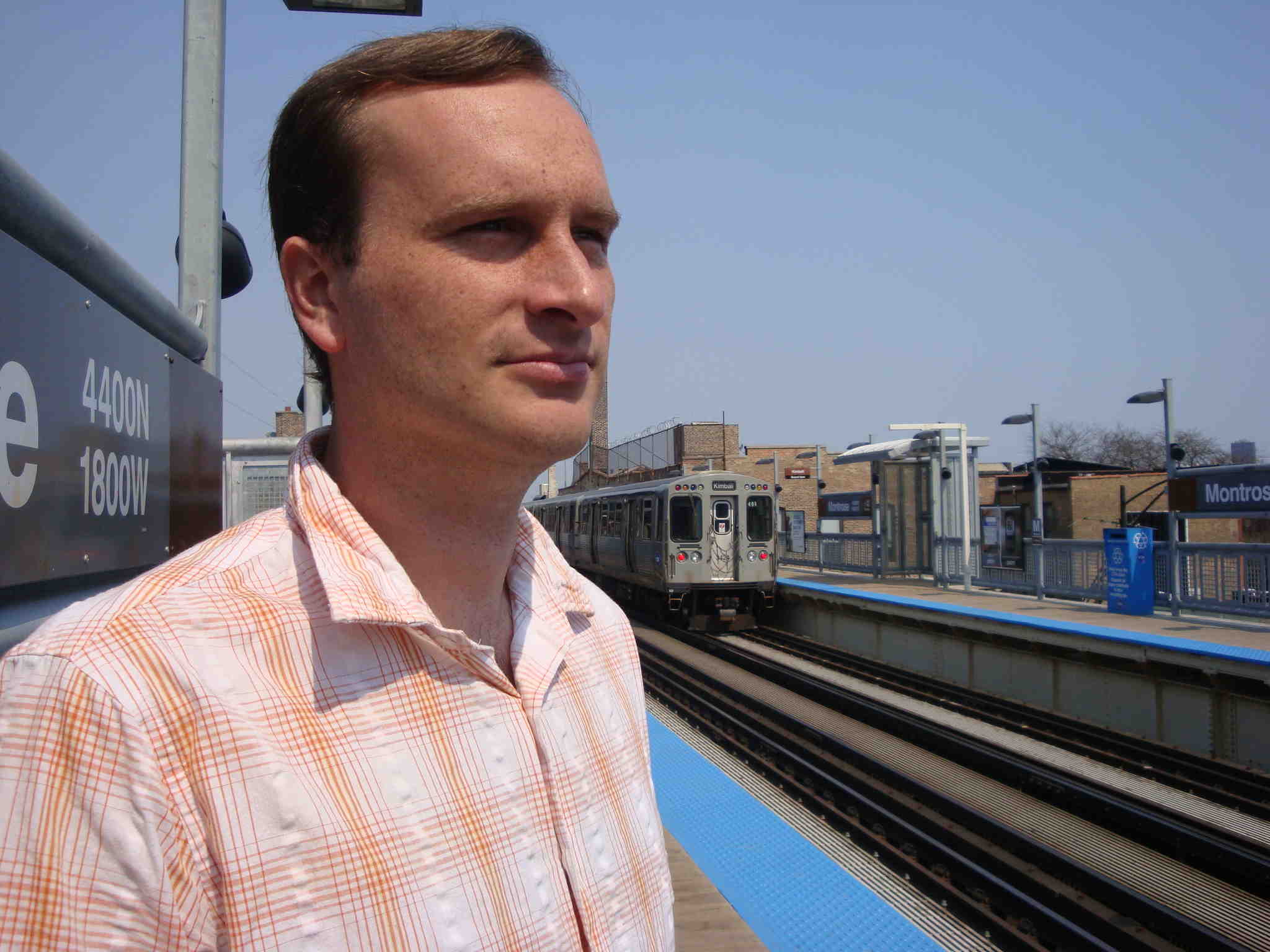
Religion
Question people who tell you they know the meaning of life. It turns out that their claim is disputable.
Hell and heaven do not actually exist. People who imagine they do experience their own interpretation of what it is. I believe the heavens of Donald Trump and Kanye West might look quite different.
There are places in the world where people have never heard of Nintendo, Michael Jordan or any specific deity.
No one should be silenced just for slandering an invisible man, a horrible prophet, or tribal non-sense.
Sane people admit they do not fully understand the universe. Agnostics and atheists go a step further and admit they don’t believe any specific supernatural claims.
“Scientific” knowledge has been incorrect before. But the track record of science is vastly superior to that of any religion in matters of science.
Trying to find answers about religion is easy: They’re all made up.
There are no definite criteria to explain precisely what qualifies as “spiritual.”
What is seen as spiritual by some may be seen as negative to any particular person.
It takes time for individuals to develop rational views, particularly when they have been filled with tribal falsehoods their entire lives.
It is nobler to live in constant uncertainty than to live for a comfortable lie.
You don’t have to act any certain way just because some holy book tells you to.
Why do bad things happen to good people? Because the universe is indifferent to individual human tragedies.
Religions that teach that sex outside of marriage is wicked should be laughed away until they are no longer relevant.
Anyone who believes in a loving and just Biblical God should read Numbers Chapter 31. At best, they must agree that God allows the slaughter of an evil race of people. At worst, they have to admit that if the God of the Bible is real, it is a psychopath that has nothing to do with love or justice.
America is a secular nation. Anyone who believes this country is run by religion has either never left the Amish zones they were born in or has ignored our secular society.
The power of prayer is inconsistent. The universe does not grant divine powers to anyone in particular. There are people who possess exceptional talents that others do not. This usually comes from work and skillful application of knowledge, never strictly prayer.
The universe is large and beyond our comprehension. Many individuals choose to believe that there are mysterious higher powers that control the universe. Rationalists merely believe that the universe is controlled by mysterious natural forces.
It is hilarious when theologians tell skeptics their opinion
is not valid because they have no formal training or can’t read the original
language of a holy book. If a book sits
in churches for billions to read as inspired scripture what do you expect them
to read? Training in false literature
does not make it true. An original
language of ridiculous myths still has no relevance in the 21st
century.
What if a scientist determined practices from 2000 years ago are the best available? Any scientist in Western civilization who attempted to perform surgeries and distribute medicine according to ancient methods would be laughed at and probably arrested. Isn’t it possible that ethical beliefs from this era might have flaws too?
Religious believers tend to base their opinions on holy texts that proclaim truth. Most religious texts claim some type of supernatural being created the universe. The role of humans is to believe in the supernatural force and yield to its power. Supernatural claims of truth do not hold up when examined by non-believers.
Religious believers tend to be closed to new information about the origin of life. New discoveries apply only if they fit information that already exists. Fortunately, there are notable exceptions among religious groups and individual believers.
Even if one regards a large holy book as literally true, they still pick and choose which parts are most important to emphasize. If one interprets a holy book the way they want to it is pointless as a guide to objective morality.
It’s no coincidence that the religions with members that have killed the most are Christianity and Islam. They are also the most successful with overall numbers. People tend to say they believe in certain gods when they die if they don’t.
It’s senseless to tolerate lies and ridiculous beliefs. I won’t personally prevent anyone from embracing the false non-sense of Islam, Christianity, Judaism, Buddhism, or Hinduism. In my opinion I couldn’t even if I tried.
If I want to help people I will try my best to honestly tell them what I believe too. If they don’t like what I have to say they don’t have to listen. If they want to have a discussion and I’m in the mood, I’m quite fine with challenging their faith with my doubt.
Those who believe in heaven ultimately know that it is just a belief. What happens after death is a mystery. That is why death is often upsetting and traumatic.
There are a lot of people who form opinions about life after death. According to the ways we normally obtain evidence, there is no God and there is no afterlife. The full truth is uncertain. Saying there’s no life after death may be like saying there is no giant Rhino at the center of the universe. I don’t know for certain if that is true or not, but I have no good reason to believe that it is. It is highly unlikely to be true.
When I believed in eternal rewards I acted the best I could (for the most part) to solidify my spot in heaven. My life on Earth was secondary in importance to my perceived spot in paradise. When I stopped believing in eternal rewards programs I did things because they seemed like they could potentially lead to a better present or future on Earth.
How does one decide what is ethical? They use their own personal standards because there are no universally agreed upon principles that can be proven to be accurate. One can look at results and form beliefs based on evidence. If people want to be good they often do their best to be moral. If they don’t care to be decent no belief system is automatically going to make them better people.
It is useful to be skeptical at times. A healthy dose of doubt helps people attempting to break free from harmful falsehoods of religious dogma and other bad ideas. Embracing too much skepticism for long periods of time leads to fear, uncertainty, and possibly even worse. Pure skepticism as a way of life does not make sense. Living well requires making choices based on realistic probabilities and calculated risk taking.
The afterlife is a nice thought, but nobody knows what happens after death. People can form theories that help them establish peace of mind about the issue. These hopes do not produce facts.
Who has the worst reputation in history? Hitler? Mao? Stalin? Pol Pot? One of the Popes? Mohammed? Buddha? It is a subjective judgment. I think misconceptions about Jesus Christ and Mohammed have done more harm than any others.
There are many people who believe they know the truth about the meaning of life. No matter what the truth claim is more than a billion people disagree. Knowing this, how could anyone be anything other than a skeptic about claims of certainty in regards to the meaning of life?
Who’s more likely to tell the truth about religion? An impartial observer who is searching for meaning or someone who paid money to be trained in the teachings of that religion and continues to get paid by promoting it?
Everyone makes up their own religion whether they know it or not.
